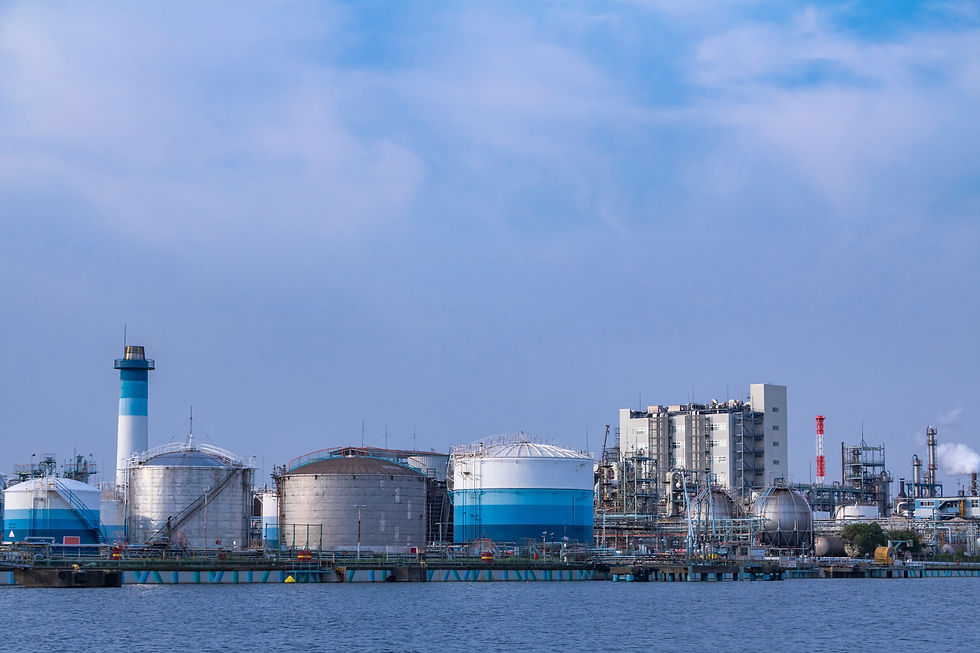Road Maintenance and Shale Gas Development
- CEPM Staff
- Oct 2, 2020
- 2 min read

Road maintenance is often a significant financial burden to municipal governments. In
Pennsylvania, many of the state’s older and rural roads were not designed to sustain heavy
traffic, heavy machinery, or trucks loaded with heavy equipment – all of which are
associated with shale gas development.
Significant Costs of Road Maintenance
Municipal governments work to maintain their roads through activities like sealing cracks in
roads, filling potholes, and rejuvenating newer roads so that they stay pliable for longer
period of time. However, at one point or another, roads become damaged and need to be
replaced through a process where the existing pavement is milled (taken out) and new
pavement is installed. Milling and paving can be expensive; the costs can vary year to year
as the Pennsylvania Prevailing Wage Act is updated and oil prices change.
Using real prices and quantities from a 2016 road project bid from Bridgeville Borough, PA
to illustrate the probable costs of replacing a road and assuming a two lane road is 6 yards
wide, Bridgeville paid roughly $191,000.00 for a portion of road about 0.82 miles long.
Acting to Protect Municipal Investments
Under Pennsylvania Code 75 Pa.C.S.A. § 49 (more commonly known as the P.A. Vehicle
Code), local governments are authorized to post and bond roads to protect roads from
excess damage caused by heavy haulers.
After performing both an engineering and traffic study on specific roads, local governments
can place vehicle weight and size restrictions on roads and bridges that would suffer
excessive damage from vehicles transporting weights over and above the posted limit. If a
hauler wishes to use posted roadways and his or her equipment exceeds posted weight
limits or size restrictions, the municipality may enter into a bond agreement that makes the
hauler responsible for excess road damage created by their activities.
Most permits issued to companies involved with shale gas development are Type Two
Permits which allow for one company to have multiple vehicles travel on a designated path.
PennDOT sets the bond amounts for posted roadways; with a Type Two Permit, haulers
must provide security in the amount of $6,000.00 per mile for unpaved roads and
$12,500.00 per mile for paved roads.
Once a municipality enters into an Excess Maintenance Agreement with haulers and the
security bond is in place, permitted road users become responsible for road maintenance
and repairs. Bonded roads are monitored for degradation. If the permitted haulers do not
repair roads in accordance with the Excess Maintenance Agreement, the local government
can revoke permits until the roads are repaired or take the security bond.
For more information about bonding roads, consult the additional resources below:



Comments